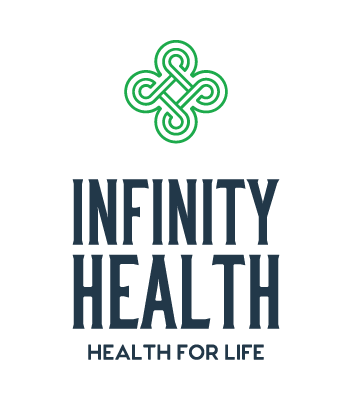We all know we need more sleep. Sleep is important on so many levels, both physically and mentally. We know that 8 hours of sleep a night will keep us healthier and happier. But did you know that your sleep habits and hygiene, can have a direct impact on pain management?
A healthy sleep schedule can improve memory, decision making and response time. It can also improve tissue repair, growth and healing. Immune system function increases and thus the ability to fight infection. Blood sugar control is improved as the regulation of insulin improves impacting food cravings and body weight. Mood is enhanced by the lower levels of stress hormones.
Here are a few tips to consider when working on your sleep hygiene:
- Create and stick to a regular bedtime schedule
- Establish a relaxing bedtime routine that includes wind down time. This may involve reading, a warm bath or a guided meditation or soothing playlist.
- Aim for a minimum of 8 hours of sleep
- Eliminate any potential distractions that may impact your ability to fall asleep, this includes levels of light, temperature and noise control
- Light and dark cues are important to let your body understand when it is time to get up and time to fall asleep, try to get as much exposure to bright sunlight in the mornings as possible and sleep in a dark room.
- As bedtime approaches, begin to dim the lights to get your body ready for sleep
- Use your bed for sleep only
- Get moving regularly. Regular exercise is very beneficial to a healthy sleep routine, make sure to finish your workout several hours before bedtime.
Conversely, here are a few things to avoid:
- Try to finish eating at least 2-3 hours before your regular bedtime and avoid drinking too many fluids
- No caffeine before bed! It can take 6-12 hours for caffeine to leave the body
- Avoid alcohol before bedtime as it interferes with deep sleep
- No naps! Late naps can make it harder to fall asleep at night
- Put your phone away! Blue light from phones or tablets can impact your ability to fall and stay asleep.
Keeping these tip in mind will help you to improve your length and quality of deep sleep, making recovery faster and your pain management easier. If you have any questions about how to maximize your sleep hygiene, send us a note and we’d be happy to help!

